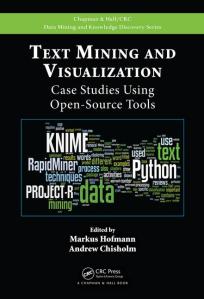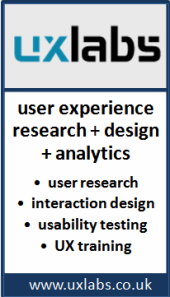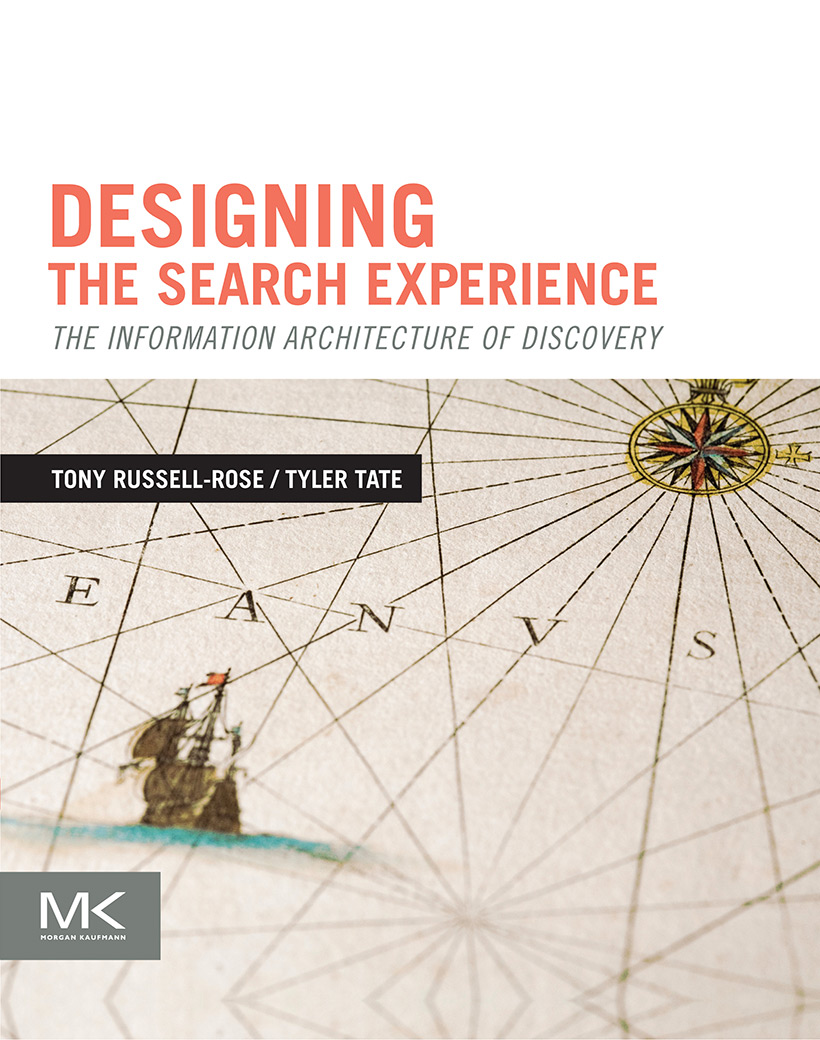 A short while ago I posted the slides to Despo Georgiou’s talk at the London Text Analytics meetup on Sentiment analysis: a comparison of four tools. Despo completed an internship at UXLabs in 2013-4, and I’m pleased to say that the paper we wrote documenting that work is due to be presented and published at the Science and Information Conference 2015, in London. The paper is co-authored with my IRSG colleague Andy MacFarlane and is available as a pdf, with the abstract appended below.
A short while ago I posted the slides to Despo Georgiou’s talk at the London Text Analytics meetup on Sentiment analysis: a comparison of four tools. Despo completed an internship at UXLabs in 2013-4, and I’m pleased to say that the paper we wrote documenting that work is due to be presented and published at the Science and Information Conference 2015, in London. The paper is co-authored with my IRSG colleague Andy MacFarlane and is available as a pdf, with the abstract appended below.
As always, comments and feedback welcome 🙂
ABSTRACT
Sentiment analysis is an emerging discipline with many analytical tools available. This project aimed to examine a number of tools regarding their suitability for healthcare data. A comparison between commercial and non-commercial tools was made using responses from an online survey which evaluated design changes made to a clinical information service. The commercial tools were Semantria and TheySay and the non-commercial tools were WEKA and Google Prediction API. Different approaches were followed for each tool to determine the polarity of each response (i.e. positive, negative or neutral). Overall, the non-commercial tools outperformed their commercial counterparts. However, due to the different features offered by the tools, specific recommendations are made for each. In addition, single-sentence responses were tested in isolation to determine the extent to which they more clearly express a single polarity. Further work can be done to establish the relationship between single-sentence responses and the sentiment they express.
(more…)
Read Full Post »





